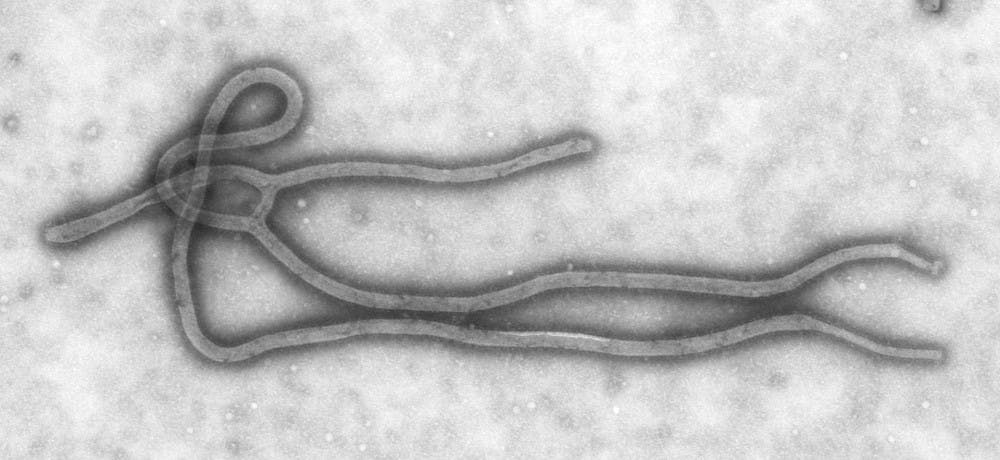A panel of University faculty and guests convened Tuesday to discuss the current Ebola outbreak in West Africa and illustrate issues of treatment and prevention.
The virus responsible for the outbreak is of the Zaire strain, one of five known strains of Ebola. University Cell Biology Prof. Judith White said the current outbreak is unlike any case of Ebola the world has seen before.
“[The virus] is a new clade of the Zaire species and the estimates are that it branched off from the clades found in central Africa in about 2004,” White said. “This is the first time this virus has been seen in patients outside of Central Africa.”
According to White, as of yesterday, there were about 7,500 probable Ebola cases worldwide.
She said the situation in West Africa is “absolutely unprecedented”.
Pathology and Medicine Prof. Frederick Hayden, who works with the World Health Organization, said the outbreak originated in Guinea and the first patient was most likely exposed to the virus through bush meat.
The virus then spread between humans, which Hayden attributes to the lack of good public health and infrastructure in the affected countries.
“[The countries affected by the outbreak] are some of the poorest countries in the world — there’s a lack of basic health care resources,” Hayden said. “We’ve seen instances of the introduction of this virus into neighboring countries, Senegal and Nigeria, where classical public health measures were able to control its spread.”
Christiana Hena, founder of the program Healthy Women, Healthy Liberia, who is a physician and leading advocate for Liberian health care reform, said the Ebola outbreak has exposed integral issues within the Liberian health system.
“Ebola revealed to the world the whole infrastructure and health care system we had in Liberia,” Hena said. “We lost a lot of the people because of the poor infrastructure.”
Hena said it took months for the government to acknowledge Ebola's spread. She attributed this delay to the government's and general population’s ignorance on the topic. Additionally, she said, the international community should have done more to stop the virus early on.
“The international communities also did nothing,” Hena said. “From the experiences in Uganda and other places, they should have known what would have happened to a very weak health care system in the three [affected] countries.”
Hena said the spread of the disease has had a profound effect on Liberian culture.
“Before we all shook hands, we hugged, we embraced, we went into homes — but we can no longer do that,” she said.
Hena said people now greet each other by giving a thumbs up.
Anthropology Prof. Catarina Krizancic, posed a rhetorical question to the audience: “When and how does U.Va. go back to West Africa?”
Though Krizancic said the University is not an institution focused on disaster relief, she encouraged discussion on how the University can bring a physical presence to the countries affected by Ebola.
Another discussion on the Ebola outbreak entitled “Ebola!” will take place Oct. 15 at 12:30 p.m. in the Jordan Hall Conference Center Auditorium.







